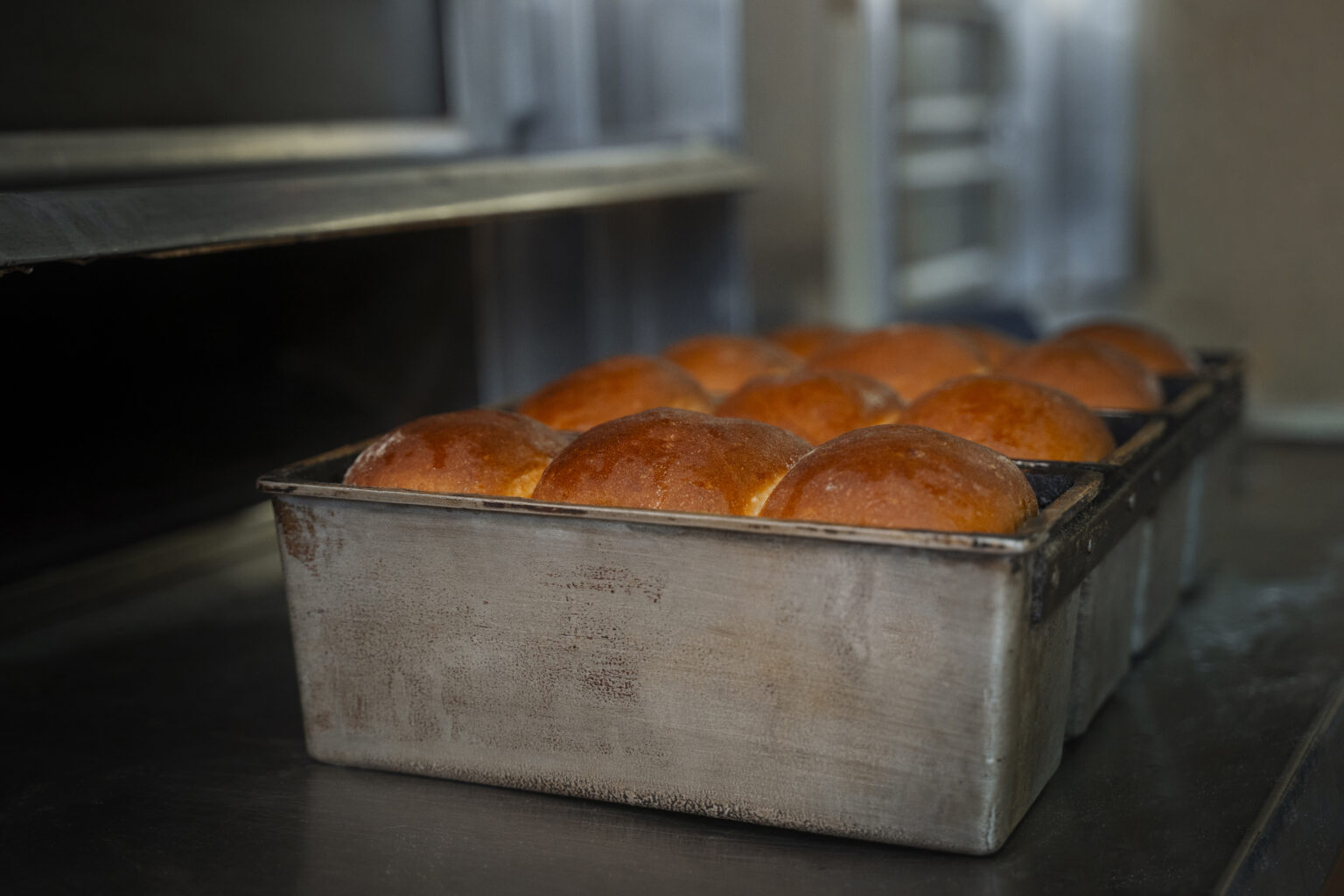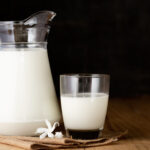Baking is a delightful culinary art that brings joy to many people’s lives. However, for those with dietary restrictions or allergies, finding suitable substitutes for common baking ingredients can be a challenge. Eggs, in particular, play a vital role in baking, providing structure, moisture, and richness to various recipes. Thankfully, there are several delicious and effective egg substitutes available that can transform egg-free recipes into delightful treats. In this article, we will explore some of these substitutes and their unique properties.
- Applesauce: Applesauce is a versatile ingredient that can be used as a substitute for eggs in many baked goods, such as cakes, muffins, and cookies. It works particularly well in recipes that call for only one or two eggs. Replace each egg with ¼ cup of unsweetened applesauce to maintain moisture and provide some binding properties. Keep in mind that applesauce may add a slightly fruity flavour to your baked goods, so it’s best suited for recipes where this flavour complements the other ingredients.
- Mashed Bananas: Mashed bananas are an excellent substitute for eggs, especially in recipes that benefit from a moist and dense texture. The natural sweetness of bananas also adds a delightful flavour to baked goods. Use one ripe mashed banana to replace each egg in your recipe. It’s important to note that the flavour of bananas may be noticeable, so choose recipes that pair well with this taste.
- Yogurt: Yogurt, particularly plain or Greek yogurt, can be a fantastic egg substitute in baking. It adds moisture and a slight tanginess to your recipes. Use ¼ cup of yogurt per egg in your recipe. If you’re using a thicker yogurt, you can thin it out with a little water or milk. Yogurt works well in a wide range of baked goods, including cakes, muffins, and bread.
- Silken Tofu: Silken tofu is an excellent egg substitute for recipes that require a light and fluffy texture, such as cakes, custards, and mousses. It provides moisture and helps bind the ingredients together. To replace one egg, blend ¼ cup of silken tofu until smooth and creamy. Silken tofu doesn’t alter the flavour significantly, making it a versatile option for various recipes.
- Flaxseed Meal or Chia Seeds: For vegan or egg-free recipes, flaxseed meal or chia seeds can be used as egg substitutes to add binding properties. Mix 1 tablespoon of ground flaxseed meal or chia seeds with 3 tablespoons of water for each egg required. Allow the mixture to sit for a few minutes until it thickens and becomes gel-like. These substitutes work well in recipes such as pancakes, waffles, and cookies, providing a slightly nutty flavour and adding a healthy dose of omega-3 fatty acids.
- Carbonated Water: Surprisingly, carbonated water can also be used as an egg substitute in certain recipes, particularly those that require a lighter texture, like sponge cakes. Replace each egg with ¼ cup of carbonated water to introduce air and create a fluffier texture. However, it’s worth noting that carbonated water won’t provide the same binding properties as other substitutes, so it may not be suitable for all recipes.
When using these egg substitutes, it’s important to understand that they may alter the texture and taste of your baked goods slightly. It’s always a good idea to experiment with small batches first to ensure the desired outcome. Additionally, it’s essential to consider the specific requirements of your recipe and choose the substitute that best complements the other ingredients.
Egg substitutes open up a world of possibilities for individuals with dietary restrictions or allergies, allowing them to enjoy the pleasures of baking without compromising their health or preferences. So, whether you’re a vegan, have an egg allergy, or simply ran out of eggs, these delicious alternatives will help you create delectable treats that everyone can enjoy. Happy baking!








